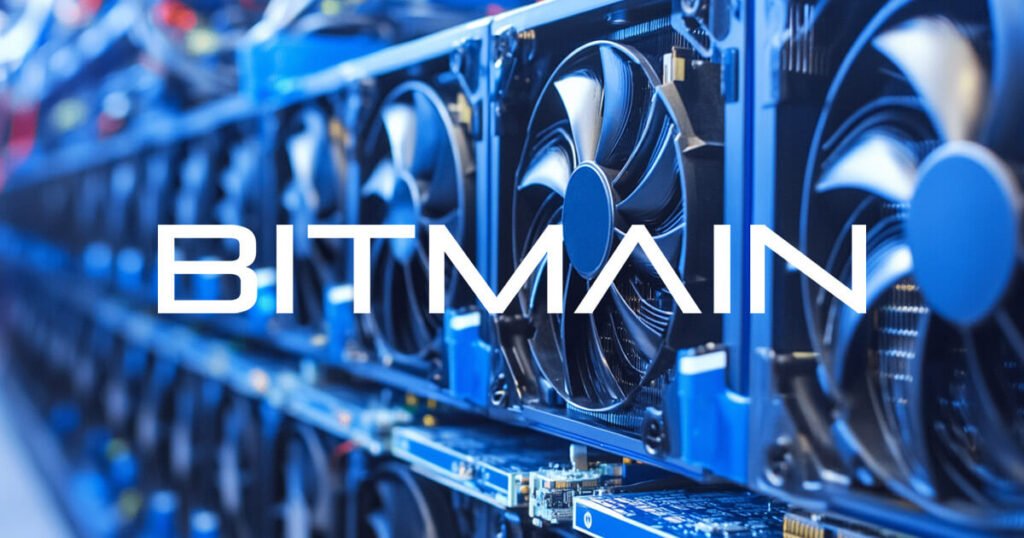Bitcoin mining operations in the US are facing significant delays due to shipments of Bitmain Antminer devices being held by the Customs and Border Protection agency. The detained equipment includes essential application-specific integrated circuits (ASICs) for Bitcoin mining, causing mining companies to wait as long as two months for their orders. One company reported holding fees exceeding $200,000 for 200 units. The CBP is reportedly acting at the request of the Federal Communications Commission, although the exact reasons for the enforcement action remain unclear.
The delay is believed to be tied to Bitmain’s connection to Sophgo, a chip designer that was under investigation by the US Department of Commerce in October for incorporating chips produced in Taiwan into Huawei processors. Huawei, a company under US sanctions, has been a focal point of national security scrutiny. While Bitmain’s shipments are being targeted by the CBP, ASICs from other Chinese manufacturers have not faced similar detentions. The Advanced Targeting Unit personnel are involved in holding these shipments at certain ports, identifying them as high-risk cargo.
This situation underscores the challenges faced by US miners who heavily rely on Chinese-manufactured mining equipment. With China supplying the majority of chips used globally in crypto mining and Bitmain being a dominant player in the market, the delivery freeze has reignited discussions about China’s influence on the crypto sector. Despite trade restrictions, Bitmain has been expanding its global footprint by establishing offices outside China to avoid tariffs and diversify its operations. Chinese-owned companies continue to mine Bitcoin within the US, despite China’s domestic ban on crypto mining in 2021, further complicating the regulatory landscape.
As costs rise and operational delays mount, industry players are seeking clarity from regulators. Both the CBP and FCC have yet to release public statements addressing the detained shipments. The uncertainty surrounding the situation has put a strain on US mining operations, highlighting the need for more transparent and efficient regulatory processes in the crypto mining industry. The Bitcoin mining sector in the US is facing significant challenges due to the delays in shipments of Bitmain Antminer devices by the Customs and Border Protection agency. The detained equipment, including essential application-specific integrated circuits (ASICs) for Bitcoin mining, has led to long wait times for mining companies and high holding fees for some. The CBP is reportedly acting at the request of the Federal Communications Commission, although the reasons for the enforcement action remain unclear.
The delay is believed to be linked to Bitmain’s ties to Sophgo, a chip designer that was under investigation by the US Department of Commerce for incorporating chips produced in Taiwan into Huawei processors. Huawei, a company under US sanctions, has been a focus of national security concerns. While Bitmain’s shipments are being targeted, ASICs from other Chinese manufacturers have not faced similar detentions, with Advanced Targeting Unit personnel being involved in holding these shipments at certain ports.
The challenges faced by US miners in relying heavily on Chinese-manufactured mining equipment are highlighted by this situation. With China supplying the majority of chips used globally in crypto mining and Bitmain being a major player in the market, the delivery freeze has renewed discussions about China’s influence in the crypto sector. Despite trade restrictions, Bitmain has been expanding globally to avoid tariffs and diversify its operations. Chinese-owned companies continue to mine Bitcoin in the US, despite China’s ban on crypto mining in 2021, further adding to the regulatory complexity.
Amid rising costs and operational delays, industry players are seeking clarity from regulators. Both the CBP and FCC have yet to issue public statements addressing the detained shipments, adding to the uncertainty surrounding the situation. This lack of transparency is putting pressure on US mining operations and emphasizing the need for clearer and more efficient regulatory processes in the crypto mining industry.


